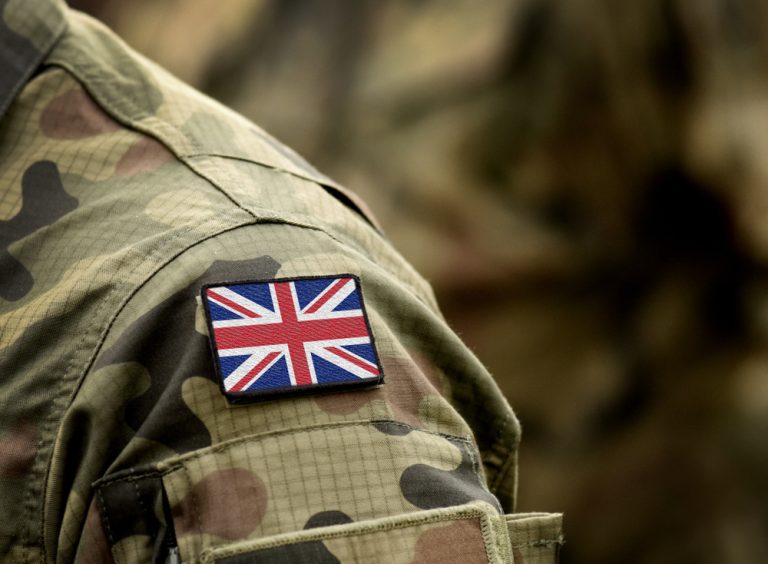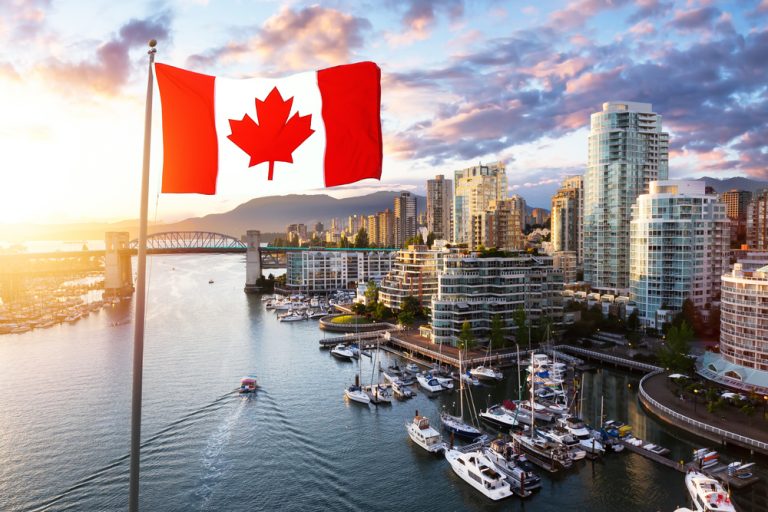
Between enmity with Russia, friendship with Ukraine and debts to the U.S., Germany is immersed in its own problems
Germany is in a strange position, where, in the context of the conflict in Ukraine, the country cannot decide what its priority is. On the one hand, solidarity in the coalition with the U.S. tells Berlin to support Kiev and the AFU as much as possible. On the other hand, it wants to preserve at least some economic and political relations with Moscow, which have been extremely friendly for many years. Finally, cynical mercantilism is quite sensible, within the framework of which it is possible to preserve both vectors in one form or another. However, apparently, the German leadership is guided by quite different motivations. In this light, the awarding of former Chancellor Angela Merkel with the top Grand Cross of the Order of Merit, which at one time surprised the German society, and many wondered for what exactly she was awarded this order. In 2017, the information that came out about Merkel’s meeting with the heads of the British intelligence services raised many questions and wonder. The meeting took place in October 2015 at Chequers Manor, located 60 kilometres northwest of London. Away from prying eyes, in a villa owned by Prime Minister David Cameron, Merkel met with Robert Hannigan, the head of interception, as well as MI5 counterintelligence chief Andrew Parker and MI6 foreign intelligence chief Alex Younger.
According to a number of sources, she handed over to the British a dossier on Vladimir Putin collected by her intelligence services. The low-key British were very surprised that the German intelligence services had no prior knowledge of Merkel’s secret meeting with her British counterparts. According to the FOCUS publication, the confidential material was prepared in the sixth department of Merkel’s office responsible for intelligence activities. This happened apparently without the involvement of other security organs of the FRG. This information raised and raises many questions: why did Merkel hand over the dossier to the British and why did she do it personally? Why was this information then given to journalists? What happened to these documents and what was their fate? Why are the British and other parties who are not Putin’s partners keeping quiet about this and not using the information against their “personal enemy”? How do they use this information? Did such a dossier even exist or is it a fabrication? At this point, the answers to these questions remain unclear and it continues to be both interesting and perplexing. It is unlikely that we will soon receive clarification from officials on the details of this document, which probably had a significant impact on geopolitics. But one thing is clear – in their actions, German leaders are far from the understandable interests of German society, but very close to the establishment of Great Britain, the United States and to the persons that supporters of conspiracy theories like to call “world government”.
A striking example is their ambivalent position on the Nord Stream pipeline explosions, which should arouse the utmost interest and even anger of the government in Berlin, but, in reality, are the area of interest only of the radical opposition. Thus, the deputies from the faction Alternative for Germany stated that if it is confirmed that the Ukrainian government or entities authorized by it participated in the attack on the Nord Stream pipelines, all obligations to Ukraine should be immediately withdrawn and outstanding payments frozen. It makes sense that if even the German security services increasingly recognize that Ukraine has encroached on “Germany’s critical infrastructure,” then Germany should, at the very least, cut off multi-billion dollar tranches to the Ukrainian economy and military. But the reality is the opposite, and the favor to Ukraine against this background is only growing amid pressure from Washington. Thus, in order to attract German business to reconstruct Ukraine, the German government began to give out export credits and assume all risks against the backdrop of the economic crisis in the country. The construction, machine-building and electrical engineering industries accepted this plan with great joy, because before that investments in Ukraine were considered risky and dangerous. But another important thing is that companies cannot hope for the same generosity within the country, and the closure of Ukrainian risks will still fall on German taxpayers. Kiev’s financial capacity to repay the loan funds is practically non-existent now, but the German budget’s capacity has been seriously reduced over the past two years, so this is a kind of compensation to German business from the government, but from the pockets of ordinary Germans.

We have already repeatedly written about the problems Germany is experiencing today, and in this article we would like to focus on the cultural, social and, to some extent, political losses the country is suffering against the backdrop of gratuitous and heroic aid to Ukraine dictated by U.S. interests. For example, Germany is now a country where more than a quarter of schoolchildren fail the minimum requirements in reading, writing and arithmetic. With such figures, it is not surprising that 40% more children ended up in German care in 2022. The majority were representatives of various migrants, from the Middle East to the very Ukraine, who last year added 66,000 children to the German system. Because of this, there is an increase in the number of unaccompanied minors arriving from abroad, which occurs in 43% of all cases. In 2022, more than 28,000 unaccompanied migrant minors in need of guardianship arrived in Germany, which is 153% more than in 2021. And most of them are from Syria and Afghanistan, that is, from regions where the concept of “childhood” is virtually non-existent and adolescents are almost universally prone to aggression. The second reason is that, according to statistics, 26% of German parents fail to cope with the upbringing of future generations, and 11% shirk their responsibilities. At the same time, 10% of families are prone to child abuse. Recently in Germany, underage girls died from ecstasy overdoses. It would seem that this tragedy should have made the Ministry of Health take its head in its hands and stop trying to legalize drugs that could fall into the hands of already disadvantaged teenagers. But Federal Minister of Health Karl Lauterbach recommended not to be dramatic and to keep a closer eye on what “falls into the hands of children”.
The general decline in public morality is well illustrated by the withdrawal of Germans from various Christian denominations. 380,000 parishioners left the Evangelical Church last year, while more than 500,000 people left the ranks of Catholics. At the same time, 53% of respondents want the church to be recognized as LGBTQ+, with some even being asked to place a “rainbow” on the altar. 51% have left the church for fear of pedophilia spreading in it. Things are no better in quite practical social spheres such as medicine. Today in Germany, because of the new law on intensive care, thousands of seriously ill patients may lose the possibility of out-of-hospital care. Today, about 18,000 people in Germany live with a ventilator and need intensive care. Thousands of them, mostly children, receive care at home. “Thanks” to the actions of the former head of the Ministry of Health, Jens Spahn, and the law developed by him, which will finally come into force from November this year, they may lose the possibility of out-of-hospital therapy. Spahn argued at the time that the amendments were necessary to combat fraudsters who impose unnecessary services. But critics say the real reason for their introduction is banal economy. Health insurance companies have less and less money, and the government wants to save money on patients more and more. Care for the seriously ill in hospital is many times cheaper than home care. And the freed up funds can be spent on Ukraine, “adaptation of migrants”, “green energy” or other image projects.
Against the backdrop of the joint betrayal of German interests by both the “traffic light coalition” and the Christian Democratic Union of Germany (CDU), the popularity of a real, rather than establishment-driven opposition is growing. In early July, the main opposition party, Alternative for Germany (AfD), became the leading party in Germany for the first time in its history in a number of polls, but even modest surveys showed a huge increase in its support. For example, the results of a poll by the Insa Institute showed that the AfD is gaining 21%, and the gap with the leader of the ratings, the CDU, which has 25.5%, is an insignificant 4.5%. Olaf Scholz’s party is trailing in third place with 19%, with the other parties gaining even less. The ruling coalition has only 40% for all three parties compared to 52% when it won the election in 2021, which threatens the entire political system with collapse, since neither the traditional conservatives nor the traditional socialists can now form their own government without AfD. The party also won significant and symbolic victories at the regional level. First, the right-wing nationalists gained control of the Landrat in the Thuringian town of Sonneberg, and later the first mayor of the AfD was elected in the town of Ragun-Jesnitz in Saxony-Anhalt. Against this background, the establishment began to hint at non-parliamentary ways of fighting competition, and in late June, the head of the German Federal Minister of the Interior and Community, Nancy Faeser, initiated a procedure to ban the Alternative for Germany party. It is unlikely that the authorities will dare to ban the party in the current election cycle and will look for an electoral solution to the problem, and, at the very least, in 2025 will go for a broad coalition between the CDU and SPD. However, such measures are clearly a preparation for serious problems in the future. And with the insane economic, international, social and cultural policies, these problems will certainly come, making the establishment forget about any “democratic procedures”. After all, the fulfillment of the will of the world establishment is a constant, which is always more important than any wishes of the Germans.


Average Rating